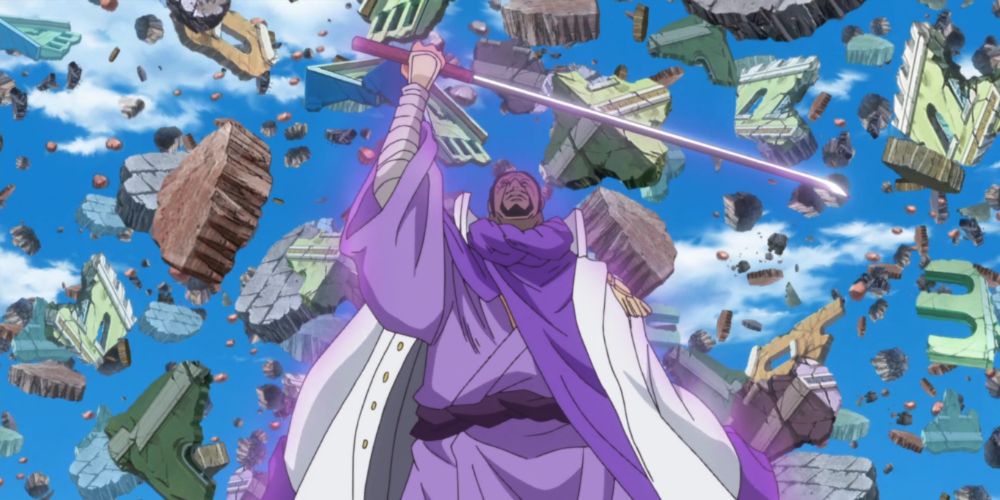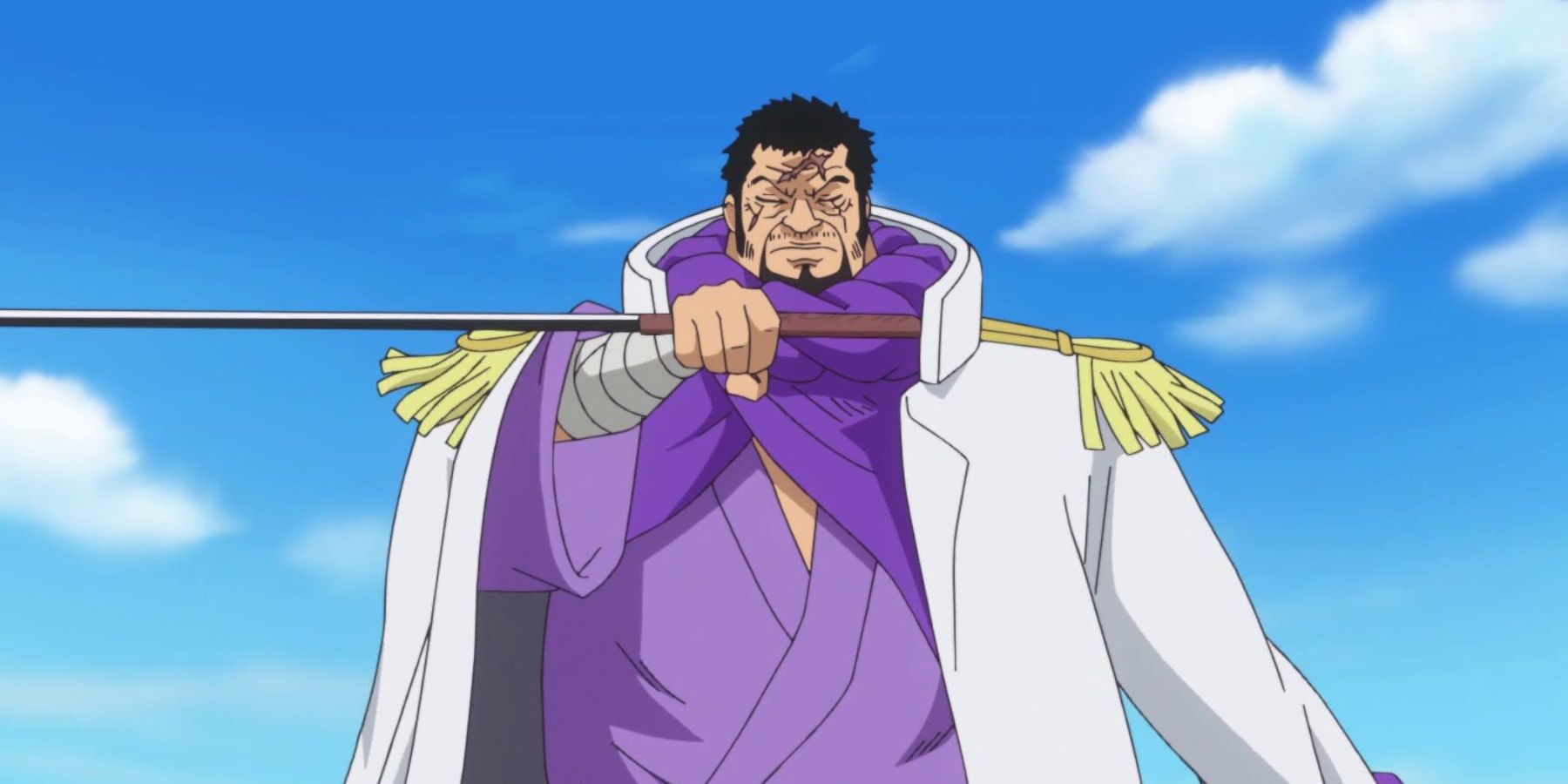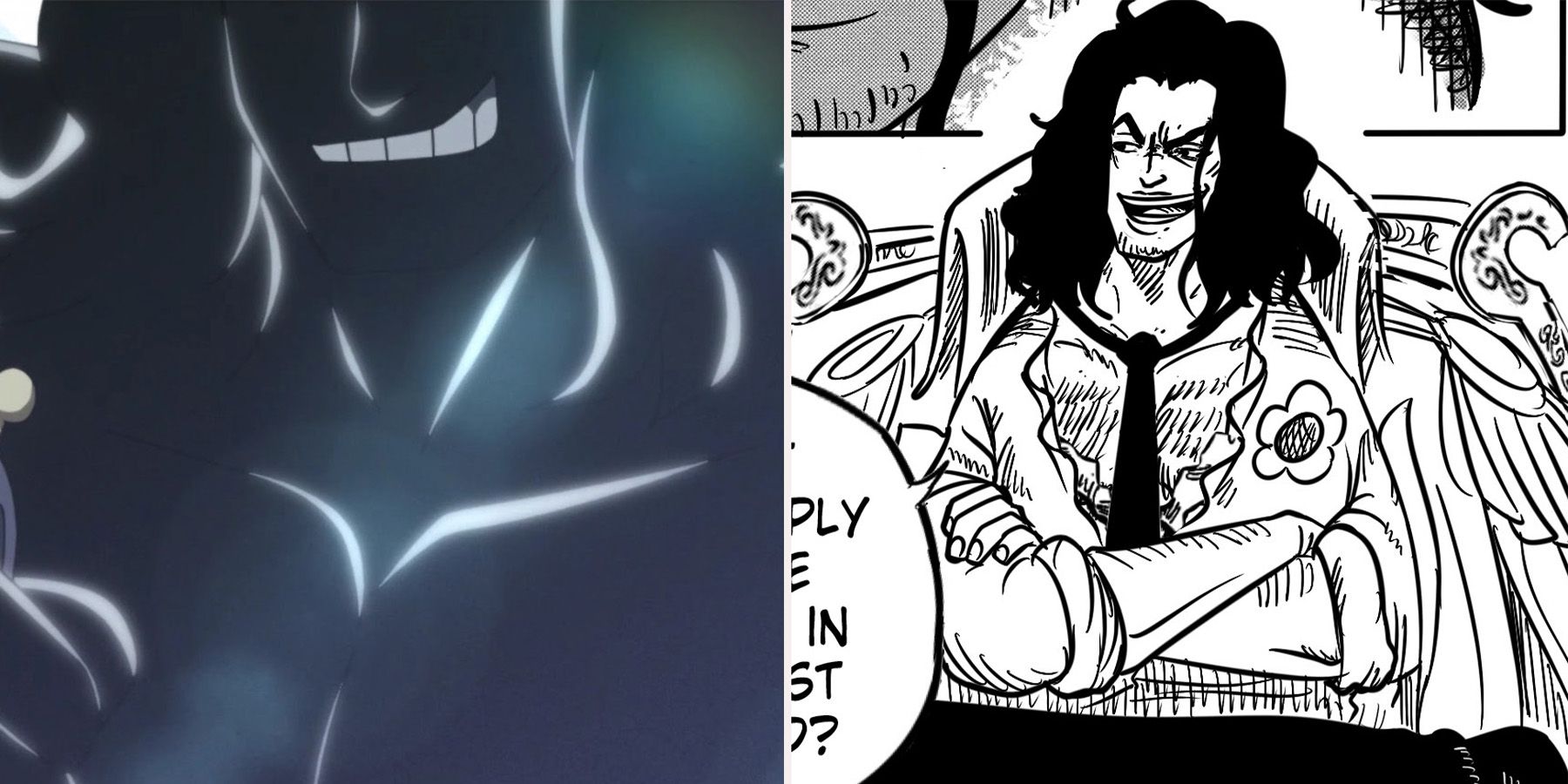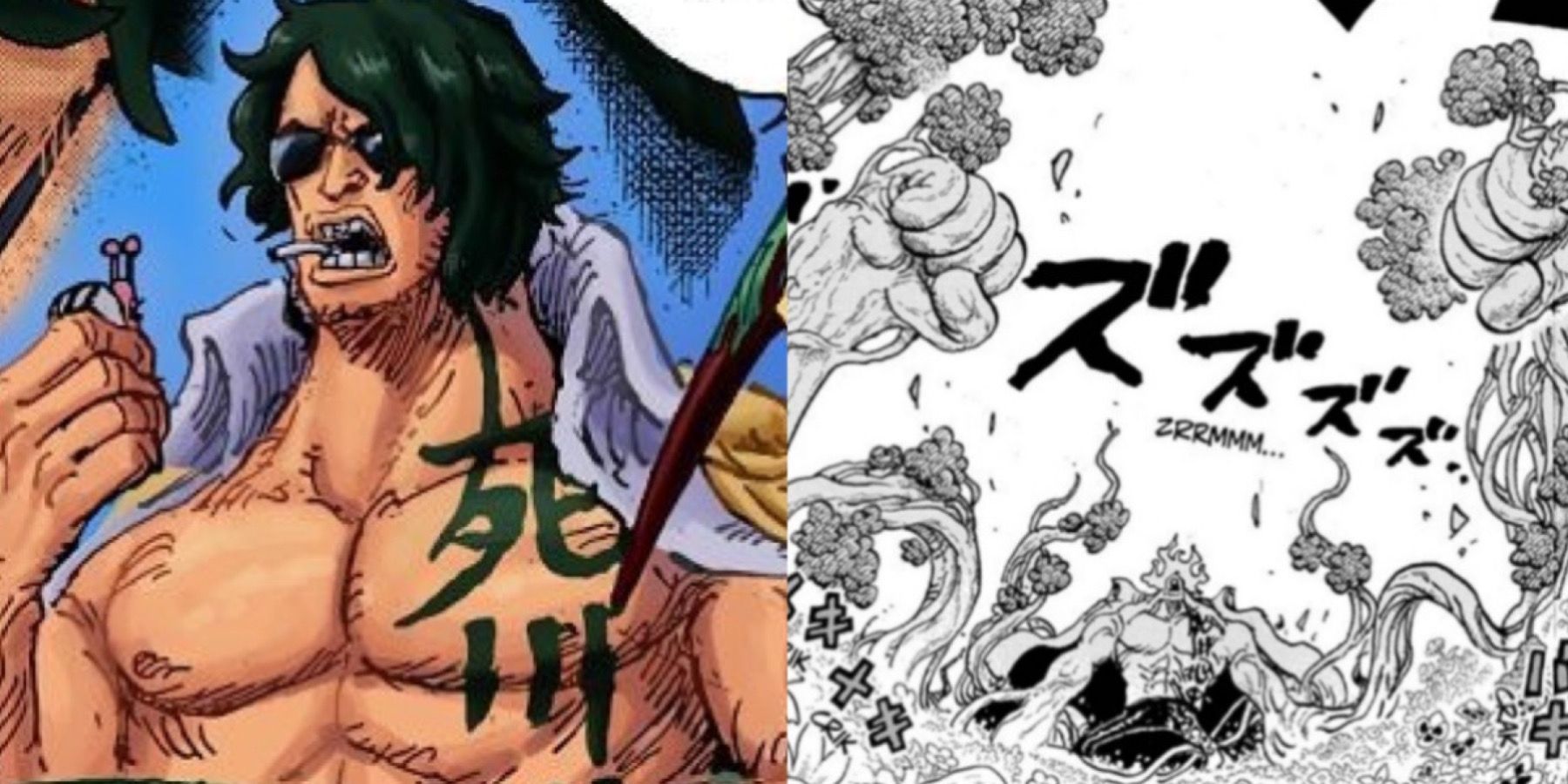
Exclusive SBS Vol 106: Unveiling the Untold Truth Behind Fujitora and Green Bull's Pursuit of Justice in One Piece

One Piece: Oda sheds light on the unique justice upheld by Admirals Fujitora and Green Bull Discover the honorable and deadly nature of their respective personalities and the depths of their unwavering commitment to justice A must-read for One Piece fans!
The Paramount War of One Piece significantly disrupted the global power dynamics. The Whitebeard Pirates, along with 43 allied ships, launched an invasion on Marineford to rescue their second Division Commander, Portgas D. Ace, resulting in a clash with the entire Navy. Tragically, both Ace and Whitebeard lost their lives, while the Navy also suffered extensive damage. As a consequence, Sengoku retired from his role as Fleet Admiral, creating a void of power at the Navy's pinnacle.
Sakazuki, a former Admiral, emerged as the new Fleet Admiral after defeating his rival Kuzan, who subsequently departed from the Navy. This brought forth two vacant Admiral positions, eventually filled through a World Military Draft that elected Fujitora and Green Bull. These two Admirals have since made notable appearances in the post-time skip era of One Piece.
Admiral Fujitora's Personality
The first Admiral to appear in the series was Admiral Fujitora. Introduced in the Dressrosa arc, he immediately garnered sympathy from fans due to his blindness. Initially taken advantage of by gamblers, Fujitora's true power was revealed when Luffy came to his aid. It was then that fans learned he was actually an Admiral of the Navy. Utilizing the Zushi Zushi no Mi, Fujitora possessed the incredible ability to manipulate gravity at his will.
Fujitora's possession of an impressive Devil Fruit power did not come as a surprise to fans, considering the immense power wielded by the Admirals in the world of One Piece. However, when compared to his predecessors in the series, Fujitora demonstrated notable differences. He displayed a remarkable sense of honor, often defying orders from Akainu simply because he refused to deceive others. Recognizing that it was not his responsibility to rescue Dressrosa, as the Navy had consistently failed its people, Fujitora instead placed his trust in Luffy, a pirate. At the conclusion of the arc, he even offered his apologies to the ordinary citizens.
Furthermore, Fujitora's unique sense of justice became apparent when he allowed Luffy to escape from Dressrosa, believing it to be the right course of action. In One Piece SBS volume 106, Oda unveiled the conception of justice that Fujitora espouses, which unsurprisingly revolves around principles of honor.
Admiral Fujitora's Justice – Honorable Justice
Every Admiral in the One Piece series adheres to their own unique philosophy of justice. One example is Admiral Akainu, who believes in Absolute Justice. This means that he is willing to resort to any means necessary, even if it entails committing heinous crimes, in order to enforce his vision of justice. On the other hand, Admiral Aokiji embraces Lazy Justice, which is evident from his laid-back demeanor and willingness to take a more relaxed approach compared to Akainu. As for Kizaru, he embodies Unclear Justice, as fans are often left uncertain about his true thoughts and values.
In the case of Fujitora, manga creator Oda revealed in Volume 106 SBS that he upholds Honorable Justice. This revelation shouldn't come as a surprise to fans, considering Fujitora's behavior. Honor holds significant importance to him, whether it be in his gambling habits or in safeguarding the lives of those under his protection. If Fujitora deems an action to be dishonorable, he will steadfastly refuse to engage in it, regardless of whether his adversary is a pirate. This commitment to honor was demonstrated during the Dressrosa arc, where he chose to aid Luffy simply because it would have been dishonorable to capture him after he had just saved the people of Dressrosa.
At his essence, Fujitora is an inherently benevolent individual, a fact indirectly acknowledged by Vegapunk in recent times. Although the Navy serves as the military representation of the World Government, there are individuals within its ranks who continue to uphold noble principles. Fujitora undoubtedly occupies a prominent place among them, as exemplified by his unwavering commitment to Honorable Justice.
Admiral Green Bull's Personality
Alongside Admiral Fujitora, Admiral Green Bull also joined the ranks during the 2-year timeskip through the World Military Draft. As an Admiral, it goes without saying that Green Bull wields tremendous power, although fans had to patiently await a glimpse of his abilities. Green Bull made an entrance in the series towards the conclusion of the Wano arc. Somehow, he managed to find his way to Wano and stealthily infiltrated using his Devil Fruit capabilities. Before long, his powers were set in motion, unveiling his status as a Mori Mori no me user.
With the Logia type Devil Fruit powers, Green Bull possesses the ability to effortlessly become, manipulate, and control forests, making him an expert in woodlands. Fans admired his character design and his formidable abilities; however, his personality was unexpected. Unlike Fujitora, Green Bull is an unpleasant individual. He lacks concern for the underprivileged, demonstrated when he openly declared to the people of Wano that they have no human rights due to their lack of affiliation with the World Government.
He firmly believes that only a few, namely the Celestial Dragons, hold any value, while those with fewer rights should die and serve a purpose. Additionally, he deems prejudice to be important in certain aspects of life, highlighting the disturbing nature of his mindset. Admiral Green Bull is widely regarded as the second least desirable Admiral personality-wise, second only to Akainu.
Admiral Green Bull's Justice – Deadly Justice
In SBS volume 106 of One Piece, Oda revealed that Aramaki believes in a sense of justice known as Deadly Justice. However, the exact meaning of this justice is unclear. It seems that Aramaki's version of justice is not truly fair, as he is willing to go to extreme lengths to enforce it, similar to Akainu's Absolute Justice. Aramaki exhibits traits of racism and openly commits crimes without facing any consequences. This version of justice can only be considered as such if it benefits the Celestial Dragons and maintains the existing world order. Aramaki shows no concern for the less fortunate and weak. In contrast, Fujitora's Honorable Justice stands in direct opposition to Aramaki's Deadly Justice. This can be seen during the Reverie arc, where Fujitora allows the Revolutionary Army Commanders to save the slaves, while Aramaki attempts to prevent their escape for the sake of the Celestial Dragons. This leads to a confrontation between Fujitora and Aramaki. Aramaki's Deadly Justice is undeniably twisted, and it is likely that he will continue to enforce this version of justice in the future.
One Piece is available to stream on Crunchyroll.

















